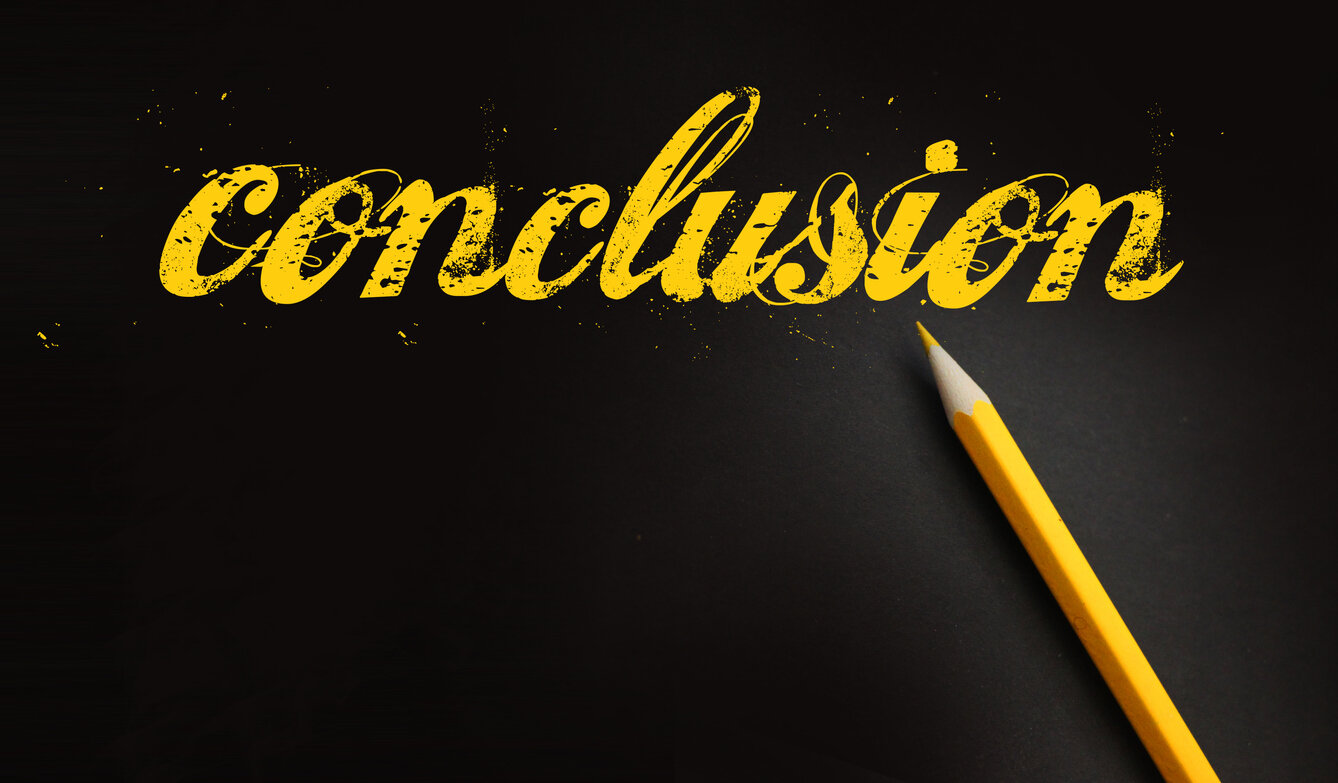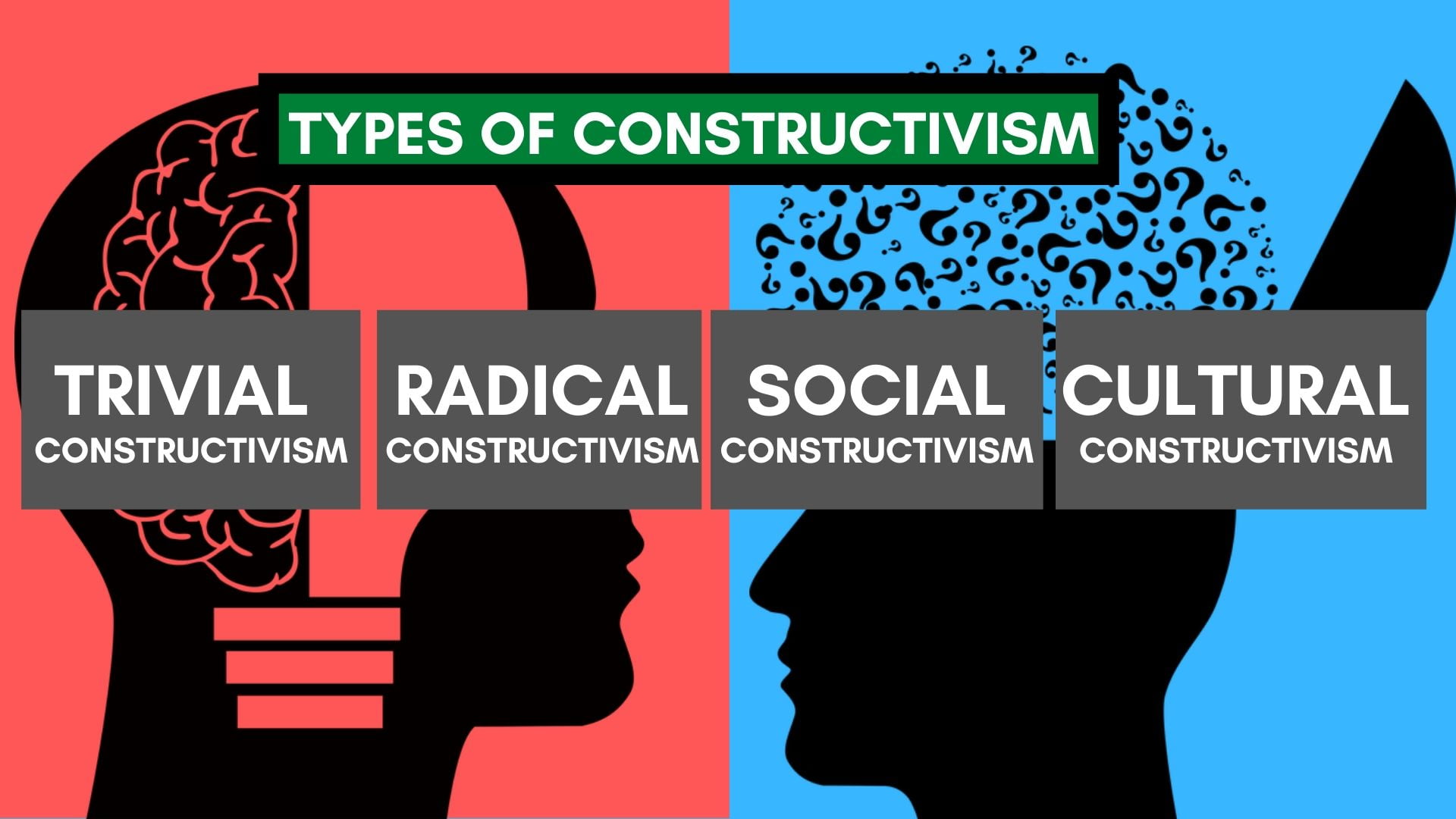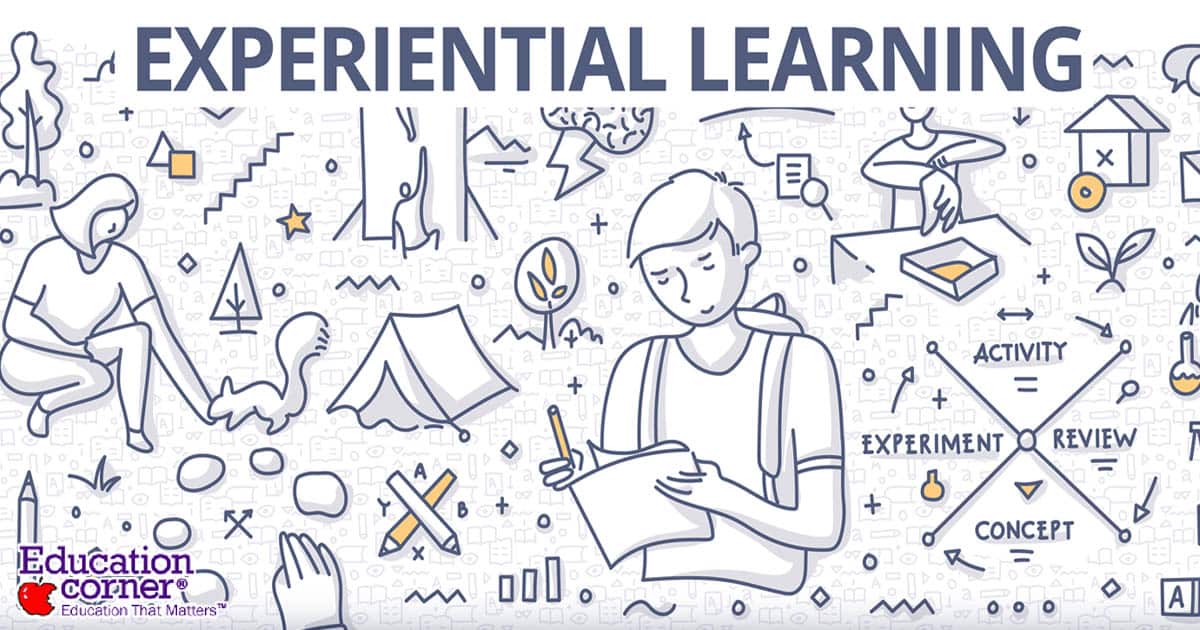A conclusion is the last part of writing such as an essay, research paper or a presentation. It provides a summary of the key points, reiterates the thesis statement and gives a sense of closure.
Strong Conclusion — Best Practices
Recap: Summarize the main points you presented in the work.
Reworded Thesis Statement: Restate the main thesis statement.
Conclusion: Add a closing statement or perspective that stays with the audience.
CTA: Hints that reader should take an action (research more on this or a particular next step).
Common Mistakes to Avoid
New Content: Do not add new concepts or evidence by the conclusion.
Focus too much on vagueness: It should be made specifically than vaguely as a conclusion.
Using Excessive Strong Language — While it is sometimes necessary to be assertive, do not write in highly charged or emotional terms.
Plagiarism – Your conclusion should always be a new and cited work.
Good Qualities of Conclusion with an Example
Paraphrased Thesis Statement: Technology has a very positive impact on student learning and engagement in the education system.
Finally: It has been said that since technology can reshape the learning of students, it plays a big part in school. Technology provides interactive tools, personalized instruction, and a worldwide learning ecosystem and enables students to be active stakeholders in the process of learning and critical analysis. Digital and in-person learning need to coexist with some balance for a better overall education, as newer methods of teaching from educators are emerging.
Tips To Write Great Conclusion For Any Type Of Essay
Write The Body Of Your Work Contemplating The End
Brevity is the Soul of Wit: You have limited space left for wrapping up.
You have to finish it with a bang: Use strong verbs and powerful imagery.



